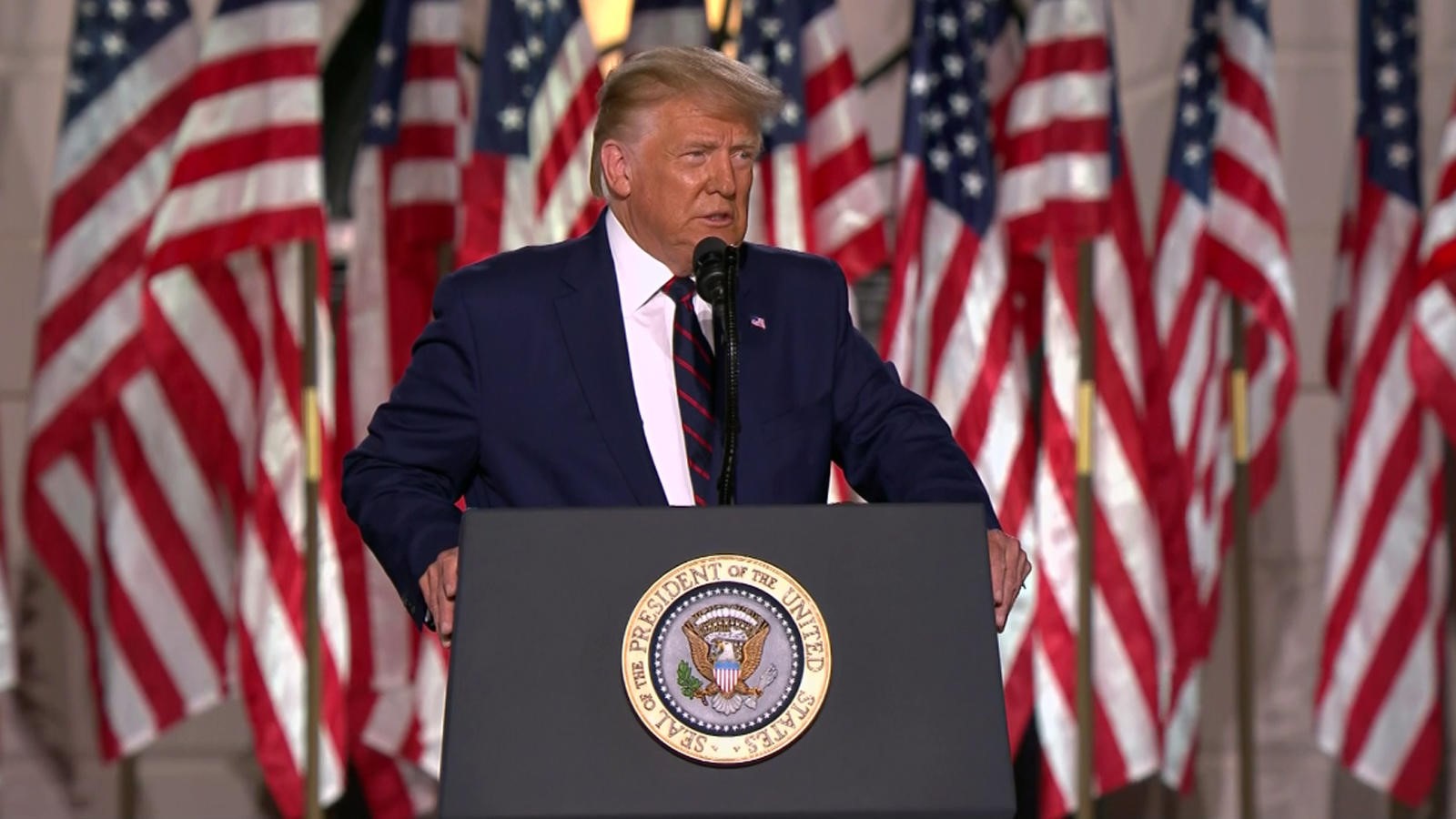As the world watches, President Donald Trump’s recent decisions in 2025 have sparked significant controversy both within the United States and on the international stage. From contentious political appointments to escalating tensions with global powers, the challenges are mounting. Here’s an overview of the key issues, potential risks, and their implications.
Domestic Turmoil
Contentious Nominations President Trump’s recent nominations have generated intense scrutiny and debate. Tulsi Gabbard, Robert F. Kennedy Jr., and Kash Patel have faced rigorous confirmation hearings. Concerns range from past interactions with foreign leaders to controversial views on vaccines and conspiracy theories. These appointments reflect Trump’s desire to challenge the status quo. However, they also risk deepening political divisions.
Economic Instability Trump’s economic policies, including tariffs and tax cuts, have contributed to inflation and financial instability. As Americans grapple with rising living costs, the administration’s handling of economic challenges remains a focal point of criticism. The polarized political climate has made bipartisan cooperation difficult, further complicating efforts to address these issues.
International Tensions
Economic War with China The ongoing trade war between the US and China has led to significant economic disruptions. Tariffs and trade barriers have strained relations and impacted global supply chains. As both nations continue to vie for economic dominance, the potential for further escalation looms large.
Geopolitical Strains with Russia US-Russia relations are at a low point, with tensions over Ukraine, cyberattacks, and election interference. Trump’s approach to negotiating a settlement in the Russia-Ukraine conflict has faced skepticism, and the situation remains volatile. Sanctions and diplomatic standoffs have further strained the relationship.
Conflicts Across Regions
Panama The tension over the Panama Canal stems from Trump’s administration expressing intentions to regain control of the canal, which has been under Panamanian administration since 1999. This has led to diplomatic tensions between the US and Panama. The canal is a critical artery for global trade, and any disruption could have significant economic repercussions.
Denmark and Greenland Trump’s interest in acquiring Greenland has caused friction with Denmark. The Danish government has firmly stated that Greenland is not for sale, leading to strained relations. This issue highlights the complexities of territorial ambitions and the potential for diplomatic conflicts over strategic territories.
Europe Trade policies and differing stances on climate and security issues have strained US-Europe relations. The imposition of tariffs on European goods, particularly in the context of the economic war with China, has created economic disruptions and diplomatic tensions. The US-Europe relationship is crucial but currently strained due to these policy differences.
Middle East The Middle East is a region fraught with conflict and instability. The US faces numerous challenges, including conflicts in Syria, tensions with Iran, and the Israeli-Palestinian conflict. Trump’s policies, such as withdrawing from the Iran nuclear deal and recognizing Jerusalem as Israel’s capital, have been controversial and have led to mixed reactions in the region.
Asia US relations with Asia are complex, with issues ranging from trade disputes with China to security concerns in the Korean Peninsula and the South China Sea. The ongoing trade war with China has led to significant economic disruptions, while tensions with North Korea and territorial disputes in the South China Sea continue to pose challenges for US-Asia relations.
Latin America Trump’s transactional approach to Latin America has focused on immigration, trade, and security. This has led to mixed reactions from Latin American countries. The imposition of tariffs on goods from countries like Mexico and Canada has strained relations and created economic challenges for the region.
Canada Trump’s administration has imposed tariffs on Canadian goods, leading to strained relations. The tariffs are part of a broader strategy to address issues like border security and drug trafficking. However, they have also created economic disruptions and diplomatic tensions between the US and Canada.
Potential Strategy for Negotiations
It’s possible that President Trump’s controversial decisions and nominations are part of a broader strategy to strengthen his negotiating position. By taking bold and unconventional actions, he may be aiming to:
- Assert Dominance: Demonstrating a willingness to make tough and controversial decisions can signal strength and resolve, potentially giving him leverage in negotiations.
- Disrupt the Status Quo: Shaking up established norms and challenging traditional approaches can create opportunities for renegotiation and change.
- Appeal to His Base: By making decisions that resonate with his core supporters, Trump can maintain a strong base of political support, which can be a valuable asset in negotiations.
- Create Uncertainty: Introducing unpredictability can keep opponents off balance and create openings for more favorable outcomes.
Risks and Challenges
President Trump’s controversial decisions and strategies carry several significant risks, both domestically and internationally:
Domestic Risks
- Economic Instability: Policies like tariffs and tax cuts can lead to inflation and financial instability, affecting the cost of living and economic growth.
- Political Polarization: Controversial nominations and policies can deepen political divisions, making bipartisan cooperation difficult and hindering legislative progress.
- Public Backlash: Unpopular decisions can lead to protests, social unrest, and a decline in public support, further complicating governance.
International Risks
- Trade Wars: Ongoing trade disputes, particularly with China, can disrupt global supply chains, impact international trade, and lead to economic downturns.
- Geopolitical Tensions: Strained relations with countries like Russia, Panama, Denmark, and various regions in Europe, the Middle East, Asia, and Latin America can lead to diplomatic conflicts and potential military confrontations.
- Global Reputation: Controversial foreign policies and actions can damage the United States’ reputation on the global stage, affecting alliances and international cooperation.
Assessing the Impact of Trump’s Decisions
As President Trump navigates these tumultuous waters, the world is closely watching how these decisions will unfold. The potential for economic instability, geopolitical conflicts, and domestic turmoil presents significant challenges for the administration. The coming months will be critical in determining the impact of these policies and their implications for the global community.
Stay informed with the latest updates on Trump’s decisions in 2025. Subscribe to our newsletter for real-time insights and join the conversation by sharing your thoughts in the comments below. Your voice matters!






